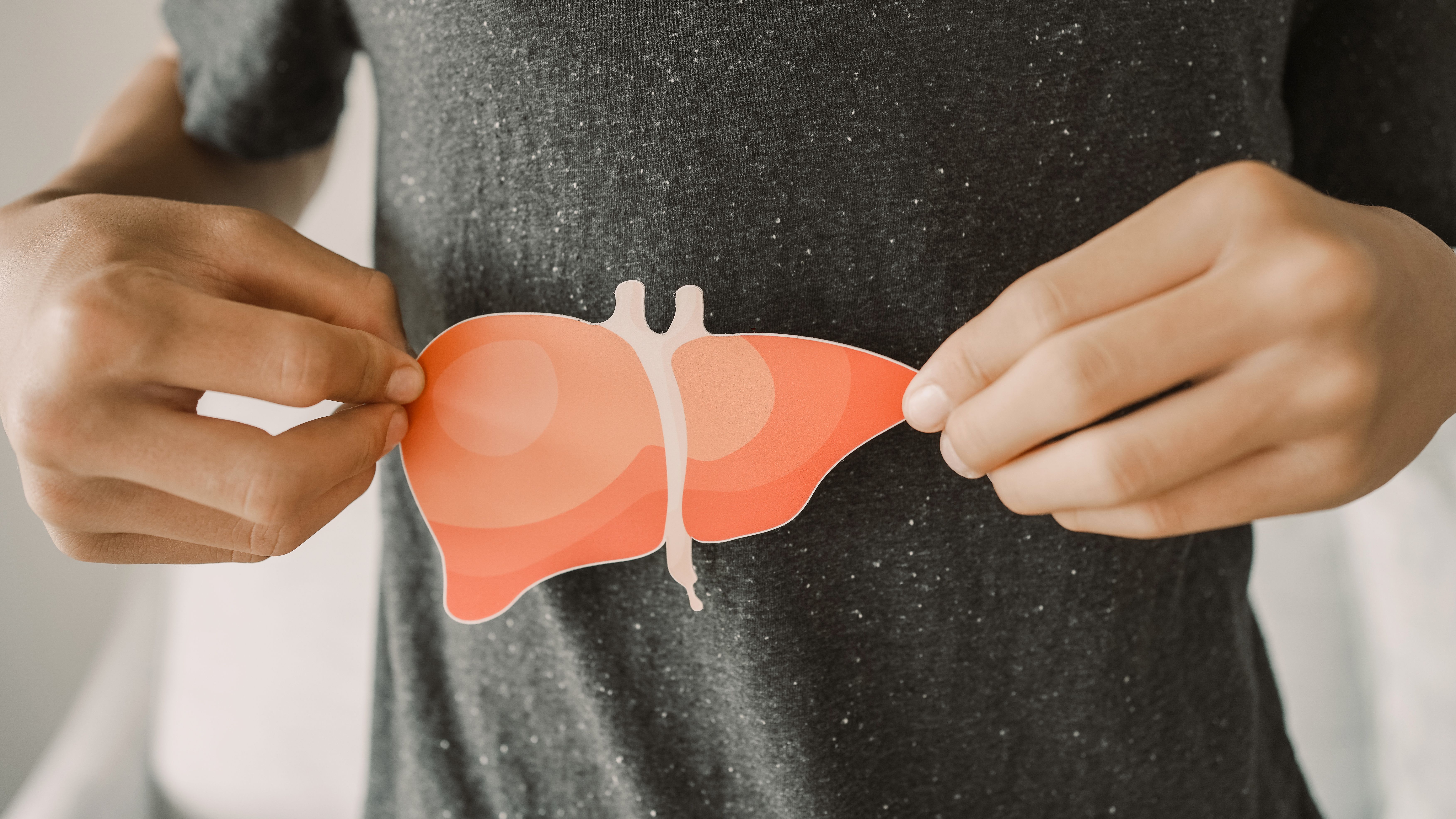News
Article
Survodutide Improves Liver Disease Progression in More than 80% of Patients with MASH
Author(s):
After 48 weeks of treatment with survodutide, patients demonstrated histological improvement, a reduction in liver fat content, and did not experience worsening fibrosis.
Survodutide (BI 456906; Boehringer Ingelheim) statistically and significantly improved metabolic dysfunction-associated steatohepatitis (MASH) in 83.0% of adults treated during a recent phase 2 trial, compared with just 18.2% of patients on placebo who experienced statistically significantly improvement [response difference: 64.8% (CI 51.1% - 78.6%), p<0.0001], according to a news release.
After 48 weeks of treatment with survodutide, patients demonstrated histological improvement, a reduction in liver fat content, and did not experience worsening fibrosis. Based on these findings, the study met primary and secondary endpoints.
Image credit: SewcreamStudio | stock.adobe.com

“These data position survodutide as a potential leading treatment for a population with great unmet medical needs and will bring hope to people living with MASH and with fibrosis,” said principal investigator Arun Sanyal, MD, professor of Medicine, Physiology and Molecular Pathology at Virginia Commonwealth University School of Medicine, in the press release.
Globally, more than 115 million people have MASH, a progressive liver disease caused by liver inflammation. Liver inflammation can incite liver fibrosis which can lead to the development of cirrhosis, increasing one’s risk of end-stage liver disease and liver cancer. At this stage, liver transplant, which is expensive and burdensome, is often the only treatment. MASH is expected to be the primary cause of liver transplant by 2030.
In addition, MASH can impact cardiovascular, renal, and metabolic functioning and condition, and it can have a significant effect on quality of life. Survodutide is a glucagon-like peptide (GLP)-1 receptor dual agonist that activates glucagon and GLP-1 receptors to improve metabolic functions and related conditions.
The clinical trial (NCT04771273) is a phase 2 randomized, double-blind, placebo-controlled, dose-finding trial evaluating weekly subcutaneous survodutide injections in 295 patients with MASH and fibrosis, with or without type 2 diabetes.
The primary endpoint was the percentage of participants achieving histological improvement, considered a reduction of 2 or more points on the Non-alcoholic Fatty Liver Disease Activity Score (NAS; total score ranges from 0-8), at least a 1-point reduction in NASH sub-score, and no worsening fibrosis after 48 weeks of treatment. Key secondary endpoints include a decrease in liver fat content from baseline to 48 weeks of treatment; absolute and relative change of liver fat content from baseline to 48 weeks; improvement of fibrosis at 48 weeks; and absolute change in total NAS score from baseline to 48 weeks.
In the United States, survodutide received FDA Fast Track Designation in 2021; in Europe, it received Priority Medicine (PRIME) Scheme for fibrosis in November 2023. It is currently undergoing evaluation in 5 phase 3 studies, including patients with obesity as part of key sub-populations.
“In order to bring this potential treatment to the more than 1 billion people affected by interconnected cardiovascular, renal, metabolic diseases, we will move forward as quickly as possible in MASH, said Carinne Brouillon, head of Human Pharma, Boehringer Ingelheim, in the press release. “These MASH results show survodutide has potential to become a best-in-class treatment.”
REFERENCE
Survodutide Phase II trial shows 83% of adults treated achieved groundbreaking results in liver disease due to MASH, with significant improvements in fibrosis. Boehringer Ingelheim. News Release. February 26, 2024. Accessed on February 27, 2024. https://www.boehringer-ingelheim.com/human-health/metabolic-diseases/survodutide-top-line-results-mash-fibrosis
Newsletter
Stay informed on drug updates, treatment guidelines, and pharmacy practice trends—subscribe to Pharmacy Times for weekly clinical insights.






